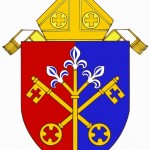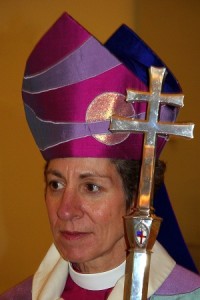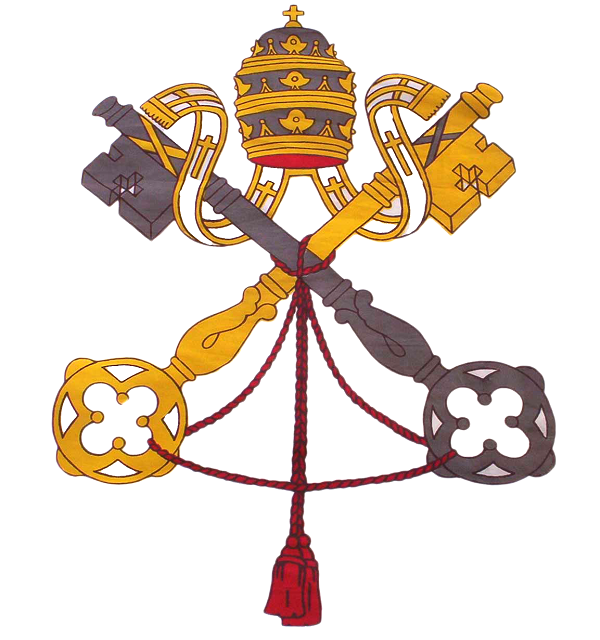In ancient Greece, the
“areopagus” was the meeting point, the arena where intellectuals and philosophers gathered for discussion and debate. The great high court of Athens, it was said that the god Ares was tried at the areopagus for the death of Poseidon’s son Alirrothios. Like the “town square” of colonial America, the areopagus was the place where announcements were made, where ideas were debated, where criminal and civil cases were decided.
The Apostle Paul spoke to the leaders in the areopagus in Acts 17:24, using as his prop the Athenian altar to the Unknown God. “Now what you worship as something unknown,” Paul preached, “I am going to proclaim to you. The God who made the world and everything in it is the Lord of heaven and earth and dos not live in temples built by hands.”
Today, the Catholic Church has increasingly turned to social media—and this has made possible the transmission of the gospel not only to practicing Catholics but also to people who are not in the pews, who never attend Sunday Mass. Increasingly, the Church has acknowledged the importance of this new means of communication.
- Pope Benedict XVI has spoken of the new social media, encouraging Catholics to use it for good. In his message for the 45th World Communications Day in 2011, the pope said: “I would like then to invite Christians, confidently and with an informed and responsible creativity, to join the network of relationships which the digital era has made possible.”
- Last May the Pontifical Council for Culture and the Pontifical Council for Social Communications co-sponsored the first-ever Vatican Blogfest, bringing together in Rome 150 Catholic communicators from around the world.
- On June 29, 2011—the 60th anniversary of his ordination to the priesthood—Pope Benedict himself launched the Vatican’s new mega-website, www.news.va, with a tweet from his new iPad. His first tweet, the “tweet heard round the world,” was “Dear Friends, I just launched News.va Praised be our Lord Jesus Christ! With my prayers and blessings, Benedictus XVI.”
This month here in the United States, Cardinal Donald Wuerl, Archbishop of Washington, is the latest member of the hierarchy to embrace the new technology and to start his own blog, Seek First the Kingdom. “What I would like to do in this blog,” he explained in his inaugural post on February 26, “is to talk about our Catholic faith, what it teaches, why it is so important, certainly to me, and why, I hope, it would be important to you.” He hopes, through this medium, to share the contributions that the Catholic faith brings to the world around us.
Cardinal Wuerl is not the first of the American cardinals to embrace this new technology. Cardinal Sean’s Blog, the project of Boston archbishop Sean Cardinal O’Malley, O.F.M. Cap., began in 2006. Three years later Cardinal Roger Mahony, now-retired archbishop of Los Angeles, began his blog. And Cardinal Timothy Dolan, in his blog The Gospel in the Digital Age, has spoken clearly and consistently in defense of religious liberty, as the Obama Administration seeks to implement comprehensive health insurance regulations which mandate contraception coverage.
I wrote, at the time of the USCCB Fall General Assembly in 2011, about Bishop Christopher Coyne of Indianapolis—calling him the “Uber-Blogger.” In addition to publishing his own blog Let Us Walk Together and posting the daily readings and helpful spiritual messages each morning on Facebook and Twitter, Bishop Coyne live-tweeted from the floor of the USCCB assembly—keeping journalists and Twitter followers informed of the bishops’ discussion and votes, minute by minute.
Bishop Kevin Vann of Fort Worth has his own blog, as does Bishop Kevin Farrell of Dallas. Others, such as Cardinal Francis George and Archbishop Charles Chaput, encourage the faithful through weekly columns.
And for a gazillion other Catholic blogs published by Catholic clergy, including bishops, check out the Catholic Blog Directory.












